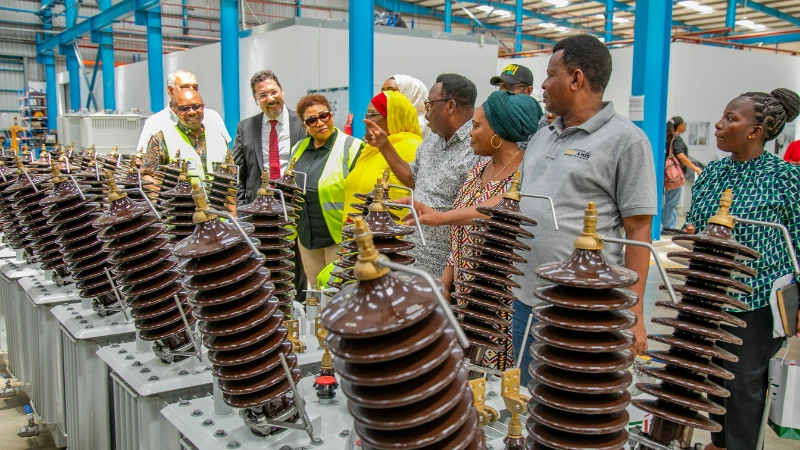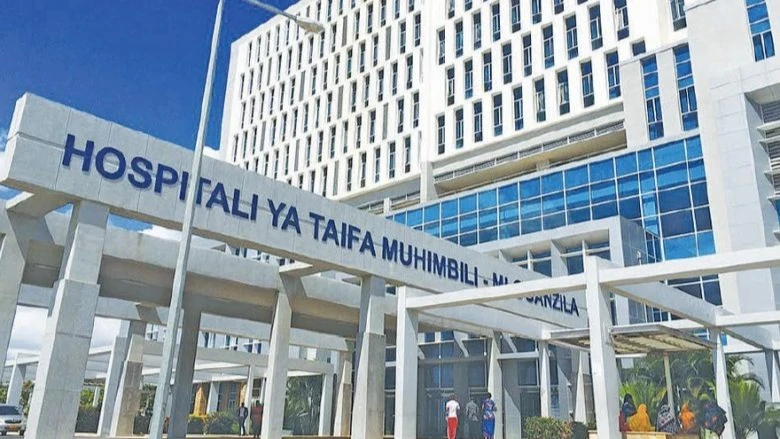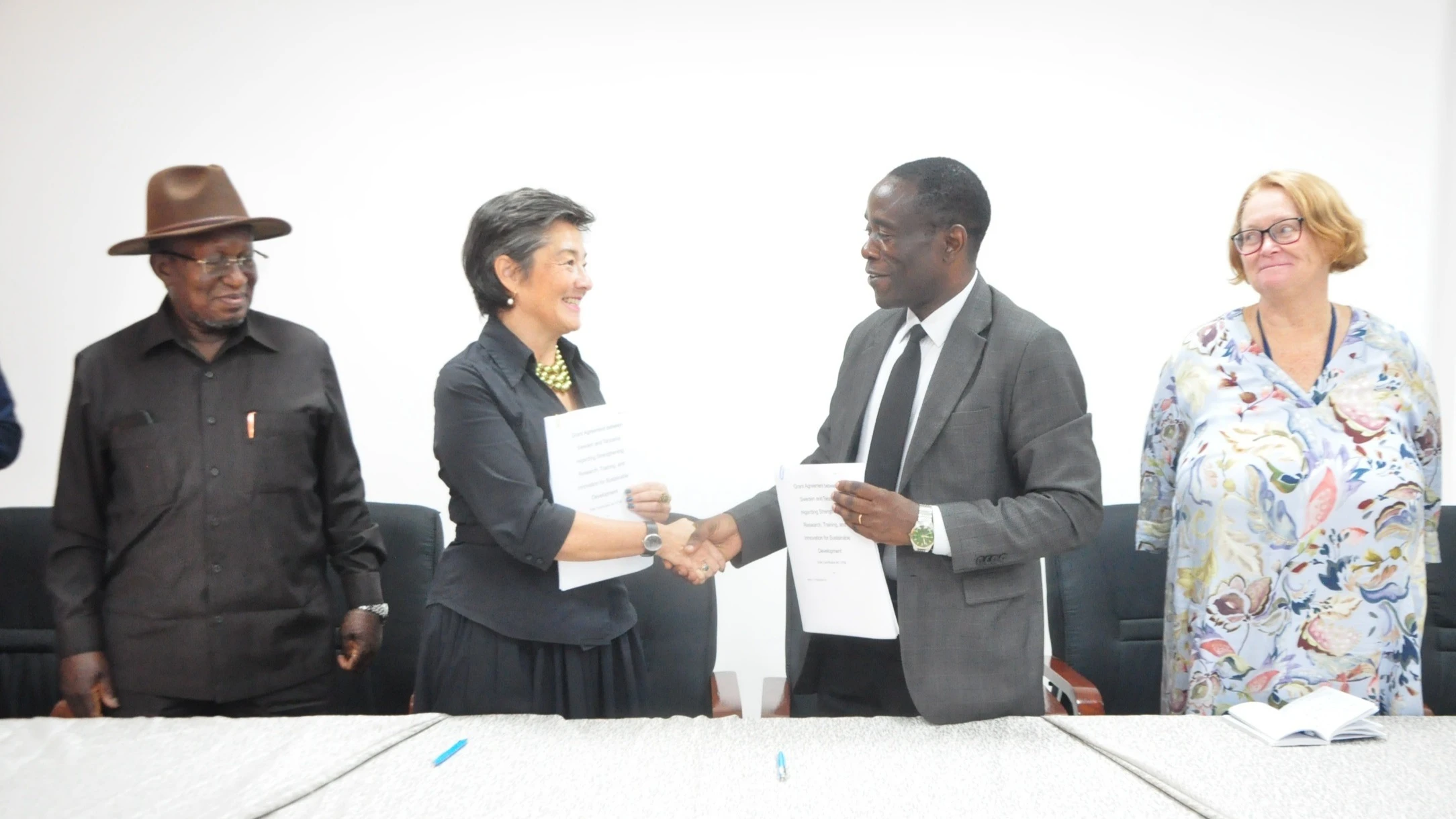Health sector interns trained on AMR status, implication

AT LEAST 100 health sector interns from 20 regions in the country have been trained on understanding global antimicrobial resistance (AMR) pandemic, thanks to Roll Back Antimicrobial Resistance Initiative (RBA) initiative, a non-governmental organization whose aim is to fight the challenge.
The bridging programme for multidisciplinary healthcare interns was meant to equip them with knowledge and understanding of the silent pandemic.
AMR poses a major threat to everyday life and modern day medicine whereby lives could be lost as a result of antibiotics not working as they should following improper use.
It is a growing problem nationally and globally that requires concerted efforts of a wide range of stakeholders to address it successfully.
In her keynote address during the event held in Dodoma yesterday, Evamary Ludovick from the Ministry of Health, noted that inappropriate use of antimicrobial medicines is among the main drivers of antimicrobial resistance.
She said AMR is a big problem and is increasing in the country, thus the need for concerted efforts from different stakeholders to revert the trend.
“This is a big problem and a lot of funding goes in it, calling for attention of stakeholders in the health, livestock and other sectors to consolidate efforts,” she said.
“Ministry of Health acknowledges contributions of stakeholders in the fight against AMR,” she said, calling on members of the public to join the fight.
Regina Richard, a pharmacist from the President’s Office (Regional Administration and Local Government) urged participants to help spread knowledge about AMR to the society, terming it one of the growing health threats.
She said there is diversity in understanding the problem but a lot more needs to be done to save lives, stating that some members of the public are not aware of the problem and its causes.
“It is unfortunate that some people unknowingly give animals antibiotics meant for human beings and this is one of the ways that lead to the problem” she said, calling on journalist to expose such people.
Head of Operations at RBA Initiative Michael Mosha noted that the interns’ programme was meant to empower health practitioners with knowledge about AMR.
“They are key ambassadors in the efforts to spread knowledge about the problem in the society based on their multi-disciplinary professional backgrounds” he said.
He said during the programme, the interns were engaged in outreach activities in their regions, designed activities which were funded by the organization for implementation.
Top Headlines
© 2024 IPPMEDIA.COM. ALL RIGHTS RESERVED






















